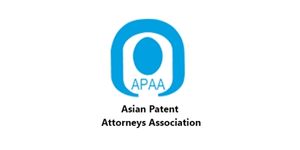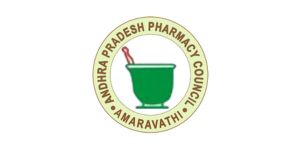Dr. Yoganjaneyulu Kasetti


QUALIFICATIONS
LL. B Ph.D. (Medicinal Chemistry) – NIPER M.S. (Pharm) – NIPER Registered Patent Agent DSCI Certified Privacy Lead Assessor (DCPLA©)
PRACTICE AREAS
Pharmaceutical Chemistry
EXPERTISE
Pharmaceuticals Medical Diagnostics Therapeutics Nanotechnology Chemistry Bioinformatics & biotechnology
YEARS EXPERIENCE
SUBJECT EXPERTISE
PUBLICATIONS
Subject Expert
Industry Experience

You should consider applying for a patent to protect your pharmaceutical invention in India. In India, pharmaceutical patents are governed by the Indian Patent Act of 1970 and its amendments. According to the Indian Patent Office Annual Report 2019-2020, over 3,000 patents were granted in the pharmaceutical sector during that period, indicating a growing trend in patent grants. Additionally, India has seen a significant increase in patent filings, with over 14,000 pharmaceutical patent applications filed in 2019 alone. To ensure successful patent protection, conducting a thorough prior art search, drafting a comprehensive patent application, and engaging with experienced patent attorneys specializing in India’s pharmaceutical and chemistry sectors is crucial.
India’s patent landscape is dynamic and unique, particularly in the pharmaceutical sector. According to the World Intellectual Property Indicators 2020, India ranked among the top countries regarding the number of pharmaceutical patents filed and granted. This underscores the significance of India’s pharmaceutical market and its attractiveness for patent filings. Additionally, India’s pharmaceutical market has grown steadily, with a compound annual growth rate (CAGR) of over 10% in recent years. However, India also has provisions for compulsory licensing and patent revocation, allowing for access to essential medicines. Understanding the nuances of India’s patent laws and its position in the global pharmaceutical market is crucial for companies operating in this sector.
The timeline for obtaining a pharmaceutical patent in India can vary significantly based on various factors, such as the complexity of the invention, the backlog at the Indian Patent Office, and any objections raised during the examination process. Expedited examination options are available for pharmaceutical patents under certain conditions, which can significantly reduce the processing time. In recent years, India has made efforts to streamline the patent examination process, resulting in reduced pendency and faster granting of patents.
Yes, new chemical compounds are eligible for patent protection in India, provided they meet the patentability criteria outlined in the Indian Patent Act. According to the Indian Patent Office Annual Report 2019-2020, many patents granted in the pharmaceutical sector relate to new chemical entities and formulations, highlighting the opportunities for patenting chemical compounds in India. Additionally, India has witnessed a surge in patent filings related to chemical compounds, with many applications being filed in recent years. Conducting a prior art search is essential to ensure that the compound meets patentability criteria and is not already disclosed or obvious to a person skilled in the art.
Enforcing pharmaceutical patents in India requires a strategic approach involving legal and regulatory considerations. According to data from India’s National Intellectual Property Rights (IPR) Policy, the number of patent infringement cases has steadily increased in recent years, indicating the importance of effective patent enforcement strategies.
Yes, several recent developments in Indian patent laws have impacted the pharmaceutical sector. Notably, the Indian Patent Office introduced guidelines for examining pharmaceutical patents to streamline the examination process and improve patent quality. Staying updated on these regulatory changes and their potential impact on patent prosecution and enforcement strategies is essential for pharmaceutical companies operating in India.
MEMBERSHIPS







